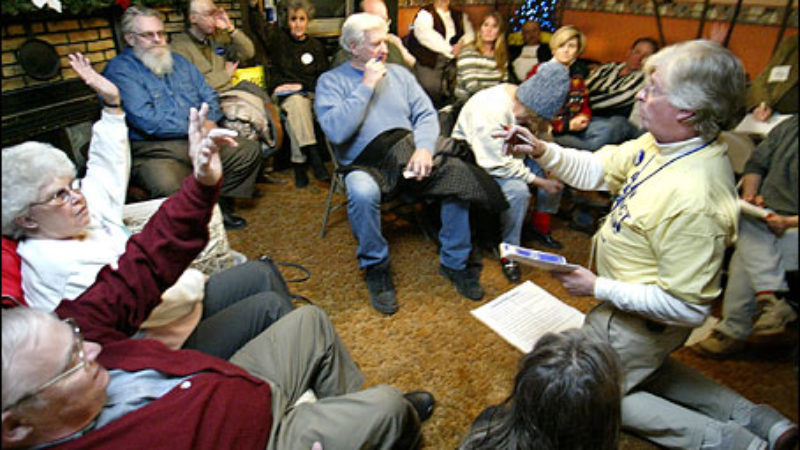
In 1994 I voted for John Prescott and Margaret Beckett and got Tony Blair and Gordon Brown.
In 2010 I backed Ed Miliband and this year, my choice of PPC sailed through and I myself was selected as a Council candidate. Clearly I was less happy with Labour Party members’ choices in the 90’s than I am today. But while I grumbled back then about our shift to the Right I never challenged the legitimacy of our leaders to lead us, or our candidates to represent us. Because they were all selected by Party members and affiliated members, in secret ballots and that is what a democratic party does.
Whether one is in Progress or an affiliated Trade Union (I am in neither) one must recognise that Primaries – a selection process that allows non-Labour Party members to co-select Labour Party candidates – erode the democratic link between members and candidates. This might this de-motivate the local members whose campaigning is essential to get said candidate first elected, and then supported once in office. It will definitely dilute the political flavour of our candidates.
For some this might appear a good thing. Non-members are likely to be less Left wing than members and the selections could pull the Party closer to the Centre where it was three years ago. But disregarding the record-breaking rejection we suffered in 2010 there are two further consequences that are less likely to be welcomed.
The first is that Primaries typically result in a regression to the mean (the centrist Conservative MP Sarah Wollaston was selected in a Primary). This would see the Labour Party permanently moored to a fixed ideological position and thus unable to adapt to changing social conditions and the advent of new ideas.
The second is that this self-inflicted damage to internal Labour Party democracy will also injure Britain’s system of Multi-Party Democracy itself. The more that political parties lose their distinctive identities – expressed through the substantive political gap between the memberships of different parties – through non-party members influencing selections, the less differentiation there will be between party policies. That means an absence of real choice put before the electorate.
And that has two further consequences. First a disengagement by citizens from the political system itself (already visible) be it simple apathy or the pursuit of non-democratic and destabilizing tactics such as occupations and riots. The second is political inertia and a lack of creativity that takes hold when cross-party consensus and conformity is too strong.
The best example of this is the country most famous for its Primary system. The U.S’s voters have the unique opportunity to elect the “most powerful person in the world” every four years but 40% never bother to turn up; plus fundamental choices about long term issues such as inequality, guns, political funding and healthcare are never taken.
So whether you perceive the Labour Party as shifting left or right, Trade Union bosses or millionaire donors as being too influential, rather than partially disenfranchise ourselves, do what I did: debate and wait. Respect majority decisions, don’t tamper with the rules.




More from LabourList
‘Labour won’t stop the far right by changing leaders — only by proving what the left can deliver’
‘Cutting Welsh university funding would be economic vandalism, not reform’
Sadiq Khan signals he will stand for a fourth term as London Mayor